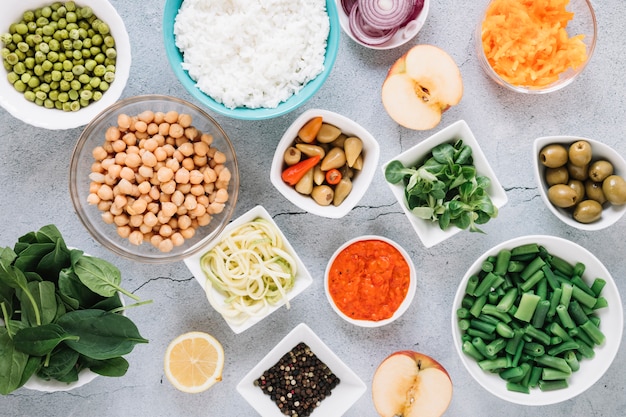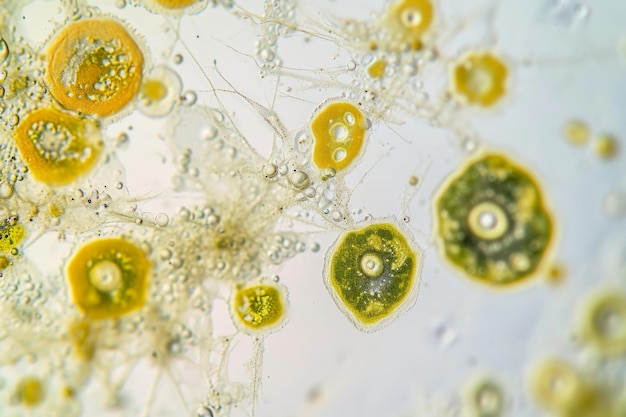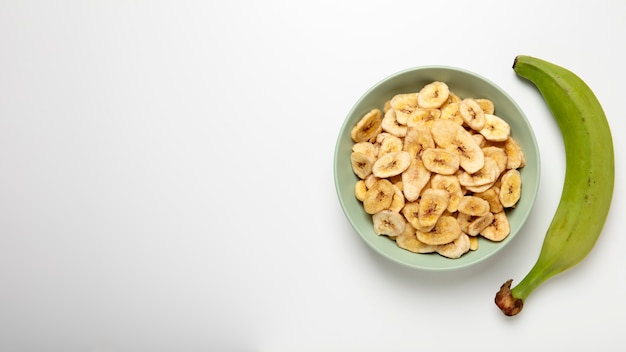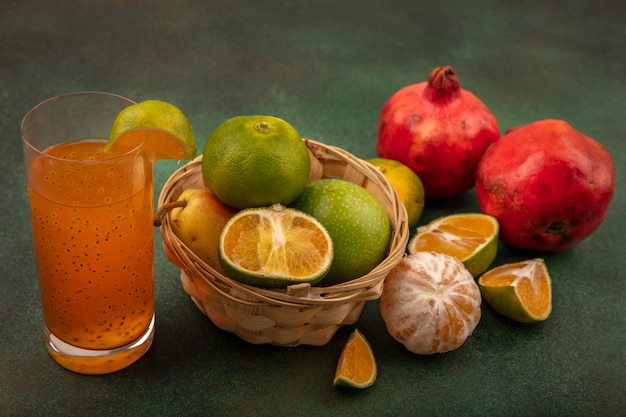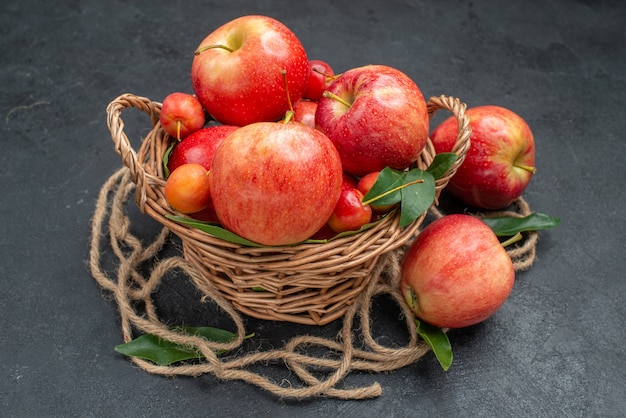Content:
When you buy food, labels offer useful information that many of us overlook often because the technical terms are confusing or we’re just too lazy to read them. Therefore, it’s crucial to understand how to read nutrition labels. Here are 10 essential details to pay attention to:
1. The First is the Highest: Ingredients are listed by order of quantity or weight, the first ingredient listed is the one in the highest quantity.
2. Serving Size Matters: The serving size listed on a package can be misleading. Use your judgment, not just the label, to gauge if a product is right.
3. Just Watching Calories is Not Enough: Calories are important, but they aren’t the entire story. Consider other factors like the source of the calories, especially when it comes to fats.
4. Fiber, Protein, and Fats: Macronutrients like fats, carbohydrates, and proteins are important. Check where the fat comes from. Ensure your food has sufficient fiber and protein.
5. What is the Maximum Limit of Sodium? Excess sodium is harmful. According to health guidelines, avoid products with more than 1,000 mg of sodium per serving.
6. Know About Each Ingredient: If you don’t recognize an ingredient, it’s best not to consume the product.
7. How Much Sugar is Enough? Limit sugar intake to no more than 10 grams per serving. Be aware of both added and natural sugars, and various terms for sugar.
8. What are Partially Hydrogenated Oils? Partially hydrogenated oils, often listed as trans fats, extend shelf life but are unhealthy.
9. Finally, Dietary Cholesterol Can Be Good: Recent research suggests that dietary cholesterol isn’t as harmful as previously thought. It’s okay to have some dietary cholesterol, but keep it limited to 300mg per day.
10. Is Non-GMO Important? Non-GMO labels are essential mainly for corn and soy products, but it doesn’t necessarily mean the product is healthier overall.
In conclusion, understanding the health labels on your food will help keep your family healthy.
